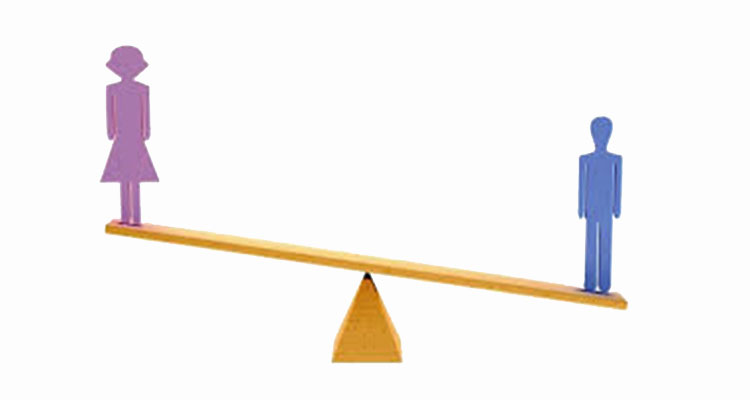On International Women’s Day 2018, the Commission has released a report on gender equality that highlights where we need to do more to ensure that we achieve real change when it comes to ensuring equality between men and women. Notably the report shows that while European women are better educated than men, they remain largely under-represented in decision-making positions in companies and still earn 16 % less than men on average across the EU.
The Juncker Commission has made tangible efforts to address gender equality, including a proposal to improve the work-life balance of working families, an Action plan to tackle the gender pay gap, as well as calling to end violence against women through funding and awareness-raising actions, but we need to do more.
First Vice-President Timmermans said today: “The issue of gender equality is high on the agenda, but progress is still slow on the ground. To achieve real change for women we need to turn awareness and intentions into action. That means adopting the new legislation the Commission has proposed on work-life balance, joining the Istanbul Convention and implementing the policies we have already agreed on to tackle the gender pay gap and fight violence against women.”
Commissioner Jourová added: “Gender equality is not just about women. It is about our society, our economy and our demography. We want to guarantee that women are truly equal to men in front of the law. We will also continue work to empower women, so they can make their own choices when it comes to their careers and their families.”
An additional study on women in the digital age published today shows that more women in digital jobs could create an annual €16 billion GDP boost in the EU. However, only 24.9% of women in higher education graduate in tech-related fields.
To increase the participation of women in the digital sector, Commissioner Gabriel outlined today an initiative to increase women’s participation in the digital sector and said: “Women and girls cannot be left out of the digital transformation of our economy and our society. Our ‘Women in digital agenda’ will be about enabling, empowering, encouraging and motivating women and girls to close the gender digital divide.”
The conclusions of the annual Fundamental Rights colloquium dedicated to ‘women in turbulent times’ are available online.




